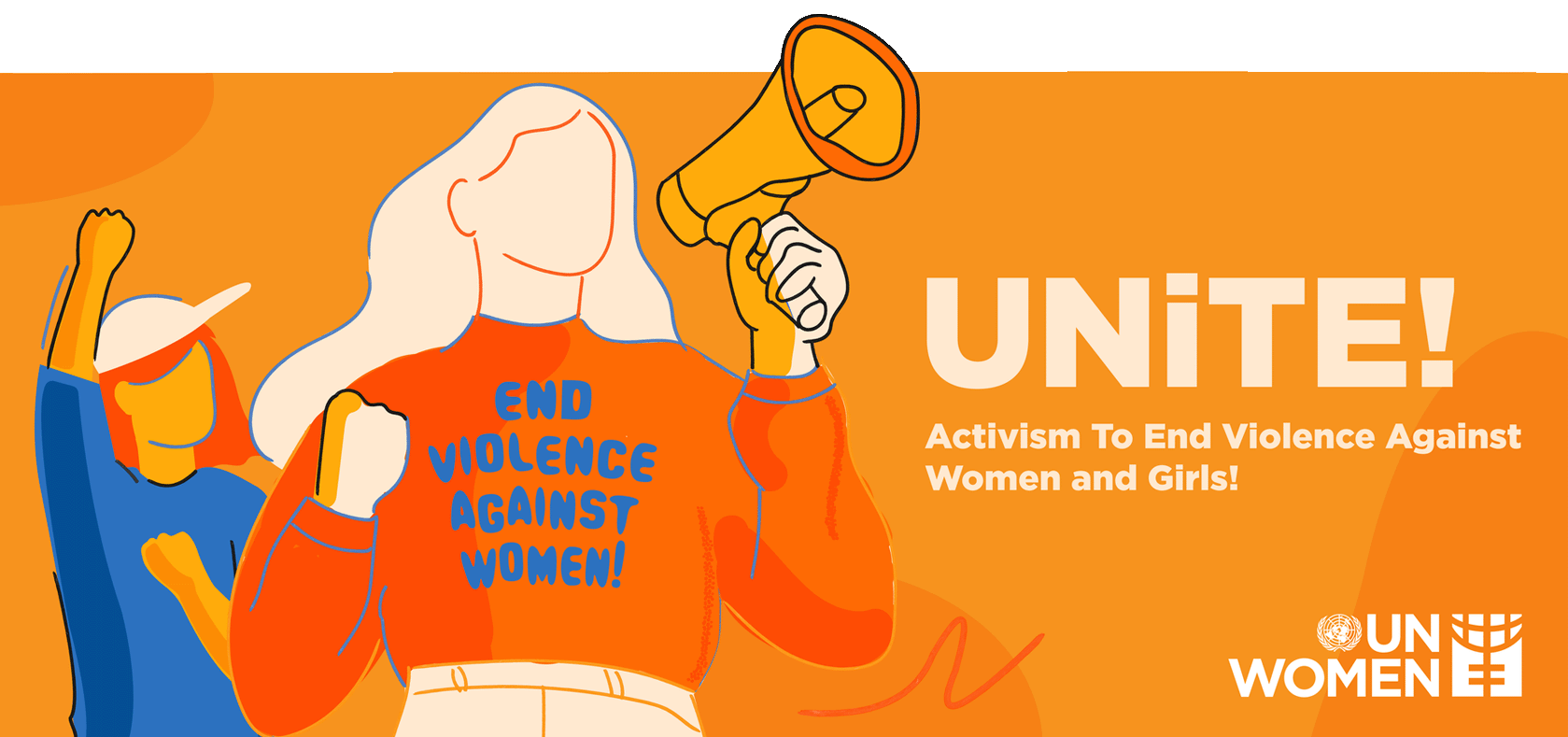By Fola Folayan
In recent years, the world has made strides in acknowledging the importance of gender equality and promoting the rights and welfare of women and girls. However, despite these significant steps, the specter of misogyny continues to lurk in the shadows, fueling violence and discrimination against women and girls.
Misogyny, or the deep-seated prejudice against women, is a pervasive social cancer that has been around for centuries. It manifests in various forms, ranging from subtle microaggressions to blatant acts of violence. It is a major contributor to the violence and abuse that millions of women and girls face worldwide.
Misogyny, at its core, is the embodiment of a patriarchal society’s efforts to maintain power and control over women. It is an ideology that devalues women, considers them inferior, and restricts their roles to outdated stereotypes. This mindset, when unchecked, often translates into aggression, violence, and abuse.
The link between misogyny and violence against women is stark. The World Health Organization reports that about one-third of women worldwide have experienced physical and/or sexual violence in their lifetime, mostly by an intimate partner. This violence is often a manifestation of power dynamics perpetuated by misogynistic views.
Many cultures and societies, knowingly or unknowingly, perpetuate misogynistic principles. These principles are often ingrained in social norms, traditions, and even legal systems, creating a culture that undervalues the worth of women and girls, and normalizes violence against them.
For instance, victim-blaming in cases of sexual assault is a glaring example of societal misogyny. Instead of holding the perpetrator accountable, society often questions the victim’s behavior, attire, or decisions, subtly implying that they somehow invited the assault. Such attitudes not only perpetuate violence against women but also discourage victims from coming forward.
Combating misogyny requires a multifaceted approach. It begins with education and raising awareness about the harmful effects of gender bias and stereotypes. Society needs to understand that sexist jokes, derogatory comments, and gendered insults are not harmless. They are, in fact, the building blocks of a culture that tolerates violence against women.
We must also address systemic misogyny in our institutions. This involves reviewing and reforming laws, policies, and practices that perpetuate gender inequality and discrimination. It also means holding institutions accountable for their role in perpetuating misogynistic ideals.
In addition, there is a need to promote and advocate for gender equality in all aspects of society, from homes and schools to workplaces and government. This includes challenging gender stereotypes, promoting women’s participation in decision-making roles, and fighting against gender-based violence.
Finally, we must support survivors of violence and ensure they have access to justice. This includes providing safe spaces, counseling, legal aid, and other necessary resources. It also means working to eliminate victim-blaming and ensuring that perpetrators are held accountable.
The fight against misogyny is not just a women’s issue; it’s a fight for human rights, equality, and justice. After all, a society that respects women is a society that progresses.

